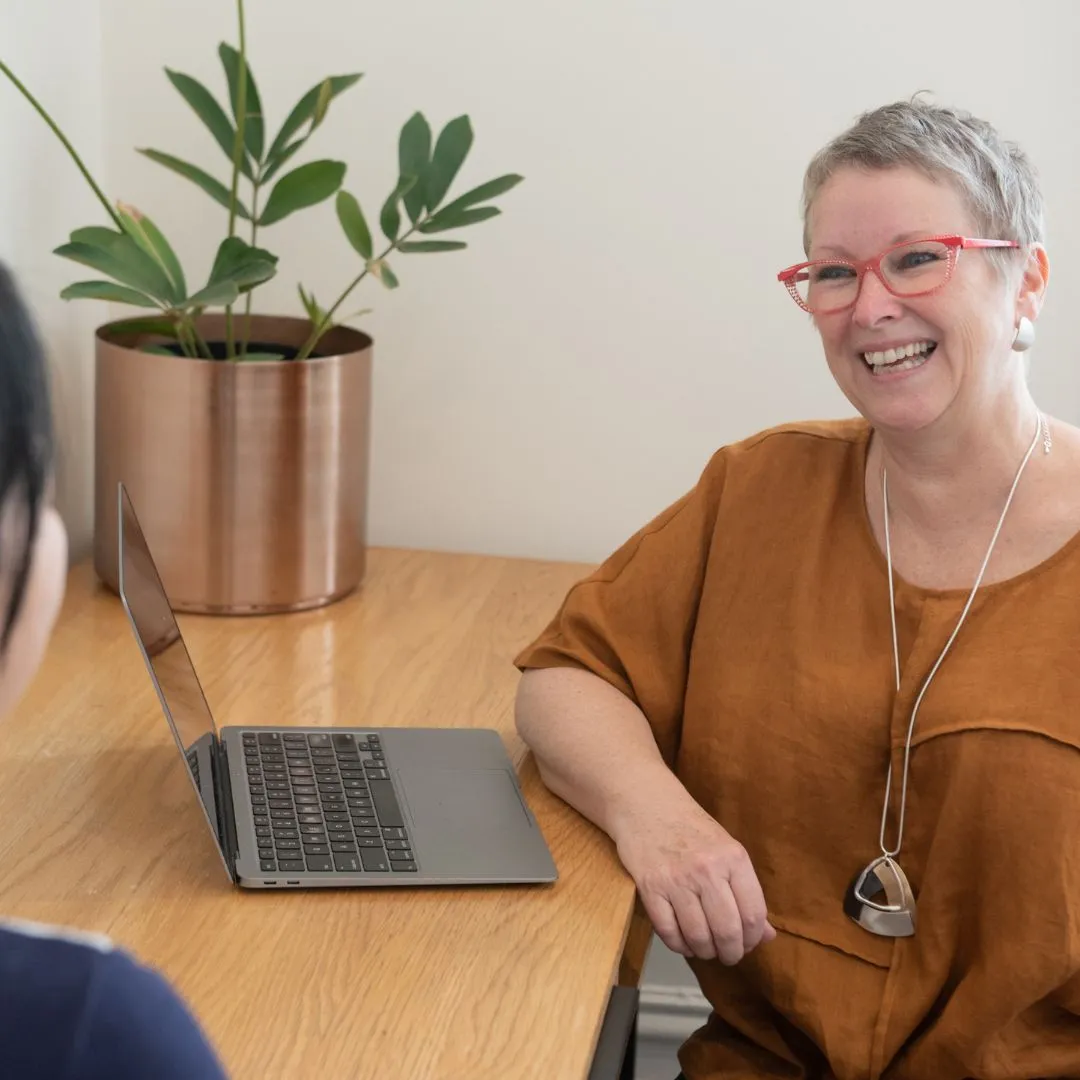
Do you hold a desire to feel more effective with the people you are working with?
Can you enhance your client /practitioner relationship by identifying barriers to connection and understanding, contributors to overwork and burnout or encounters that hinder your enjoyment of the work?
How might you already critique your effectiveness in these matters and add to them in a meaningful way? Can this process assist with having your clients feel like you truly “get them”, feel respected and heard, feel like they matter and reflect this with an increase in return bookings?
Clinical Supervision is for health professionals to reflect on their work and critically examine how the work impacts them. It also serves to examine how the assumed norms of the practitioner may impact their clients and their choices. Its purpose is to transform a problematic aspect into a learning opportunity by being prepared to confront our own underlying personal, cultural, and theoretical biases and assumptions.
Spending time describing your experience of either feeling like a fraud, managing a difficult client, an organisational challenge, a feeling that bothers you whenever you engage in a particular aspect of your work, a crisis poorly dealt with or any matter that arises in doing the work is captured in this process of collegial witnessing.
Health professionals often find themselves at the forefront of meeting the needs of highly distressed people, yet so many are left without adequate space to consider what has this been like for me and my client sitting with distress, grief, rage, numbing? In clinical supervision this reflective witnessing allows for that which may not be known to surface and become cognisant. It can then be considered in a broader landscape of comprehending the themes that surround us in how we respond to the client.
Sometimes the things that disrupt our equilibrium get in the way of the work with the client. Examples of this can be the erosion of middle management in organisations that leave the worker feeling unsupported in supporting others, or another example would be struggling to work with parents whose babies have died to realise you were born into a family where a baby died before you were born. How these things affect us, consciously or not, may then impact the work we do with our clients.
Clinical supervision helps the clinician to get out of the way of the work that is needed for the client. Too often, I hear reports of a health professional who has so completely disregarded the client’s needs in what they say or do in the room. Perhaps we can all relate to this by having a massage from a therapist who only wants to talk about his/her personal problems or a doctor who dismisses your concerns with the wave of a hand and a “jollying you along chat”, or a practitioner insisting on a treatment option you have declined.
We are all capable of getting it wrong. It is how we bravely delve into what happened that we learn to not repeat the mistakes of our past. Bringing new insights into your practice can move you into reaping rewards you had not realised you were missing.
Having a trained supervisor means you are not alone in facing the often-bumpy terrain of the work that we do. We cannot expect our clients to do what we cannot do ourselves, to dig deep and acknowledge what is ours to own.
Suzanne can provide individual or group supervision, in person or online. It is usually attended on a monthly basis. Expressions of interest can be forwarded to suzanne@fertileground.com.au. Alternatively, book in directly with Suzanne by navigating to bookings > counselling > select option ‘professional supervision’.